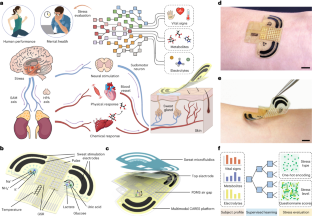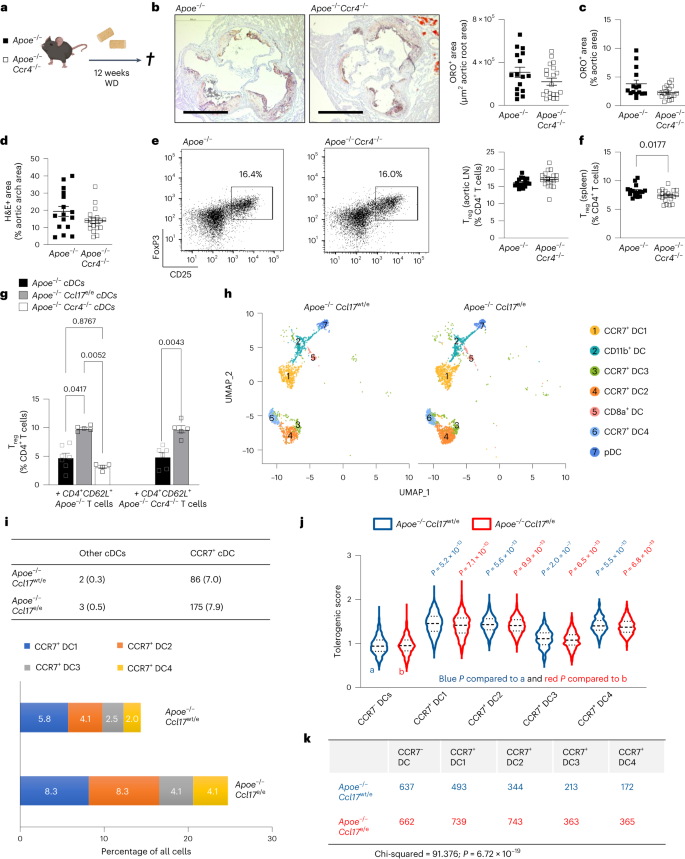2024-01-21 カリフォルニア工科大学(Caltech)
◆CARESは、心拍波形、皮膚温度、皮膚ガルバニック応答などを統合し、機械学習も導入されており、ストレスの理解とリアルタイムなモニタリングに寄与する可能性があります。
<関連情報>
- https://www.caltech.edu/about/news/measuring-stress
- https://www.nature.com/articles/s41928-023-01116-6
ストレス反応モニタリングのための物理化学センシング電子皮膚 A physicochemical sensing electronic skin for stress response monitoring
Changhao Xu,Yu Song,Juliane R. Sempionatto,Samuel A. Solomon,You Yu,Hnin Y. Y. Nyein,Roland Yingjie Tay,Jiahong Li,Wenzheng Heng,Jihong Min,Alison Lao,Tzung K. Hsiai,Jennifer A. Sumner & Wei Gao
Nature Electronics Published:19 January 2024
DOI:https://doi.org/10.1038/s41928-023-01116-6

Abstract
Approaches to quantify stress responses typically rely on subjective surveys and questionnaires. Wearable sensors can potentially be used to continuously monitor stress-relevant biomarkers. However, the biological stress response is spread across the nervous, endocrine and immune systems, and the capabilities of current sensors are not sufficient for condition-specific stress response evaluation. Here we report an electronic skin for stress response assessment that non-invasively monitors three vital signs (pulse waveform, galvanic skin response and skin temperature) and six molecular biomarkers in human sweat (glucose, lactate, uric acid, sodium ions, potassium ions and ammonium). We develop a general approach to prepare electrochemical sensors that relies on analogous composite materials for stabilizing and conserving sensor interfaces. The resulting sensors offer long-term sweat biomarker analysis of more than 100 h with high stability. We show that the electronic skin can provide continuous multimodal physicochemical monitoring over a 24-hour period and during different daily activities. With the help of a machine learning pipeline, we also show that the platform can differentiate three stressors with an accuracy of 98.0% and quantify psychological stress responses with a confidence level of 98.7%.

